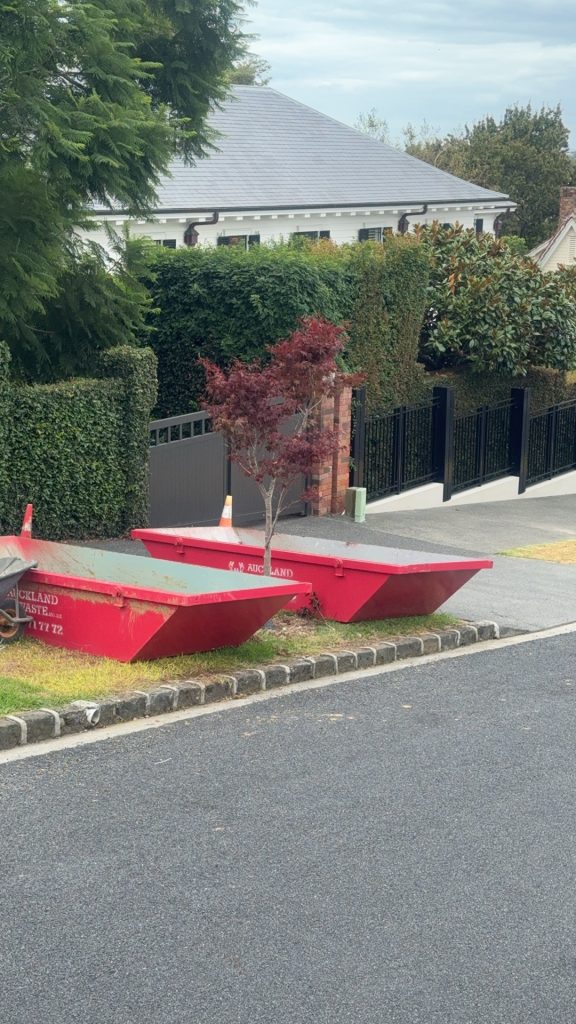- 0800-71-77-72
- info@aucklandwaste.co.nz
- 109 Mcentee Road, Waitakere, Auckland, 0816 , New Zealand
No products in the cart.

In New Zealand, like in many countries, managing waste effectively is a crucial part of protecting the environment and conserving resources. As a waste bin rental company committed to sustainability, we understand the importance of knowing and understanding the different types of waste generated in New Zealand. In this guide, we’ll explore the various waste types and how they can be managed responsibly.
Understanding the different types of waste generated in New Zealand is the first step towards effective waste management. By recycling, composting, and responsibly disposing of waste, we can all play a part in preserving the beauty of New Zealand’s environment for future generations. As a waste bin rental company, we are committed to providing sustainable waste management solutions that help our customers reduce their environmental impact and contribute to a cleaner, greener future.
Channelling our passion to protect our planet and environment,
© 2024 Auckland Waste